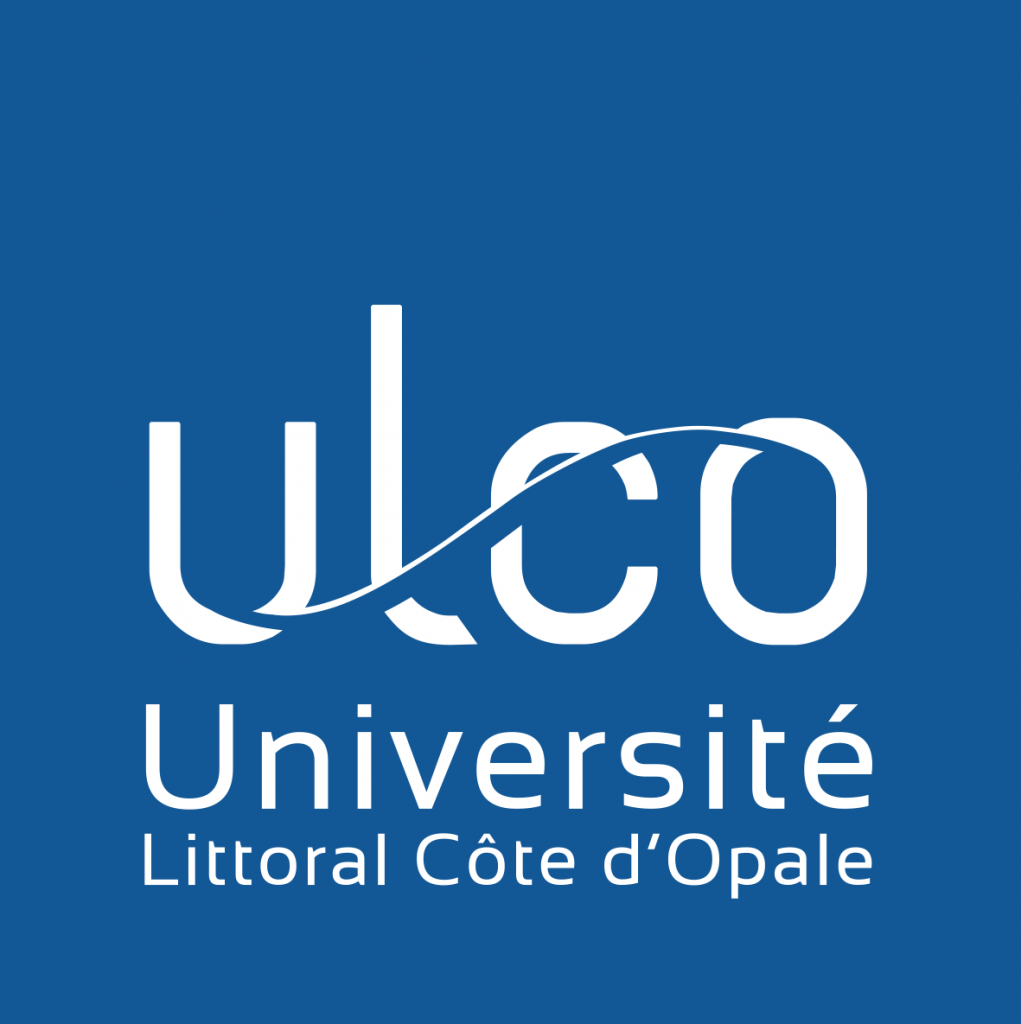Though tourism is a leisure activity, it has nevertheless become the subject of academic interest and publications. Its links with art no longer need to be demonstrated as testified by the crowds of tourists that yearly throng the corridors of our great museums.
Tourism to see works of art (at Le Louvres, The MOMA, the British Museum….), tourism that has inspired artists and their work (linked to the Grand Tour, to painters on holiday….), and tourism born out of art in all its forms (for example in the footsteps of Charles Dickens in London or film-induced tourism linked to Star Wars) all have an impact on the territories where they have developed.
This call for papers offers academics from all disciplines the possibility to explore the interactions between art and tourism (in particular the legal, strategic and organizational aspects of this interaction) as well as their impacts on their host territories, including the structuring aspect.
The field of study addresses arts in all their forms, not only the visual ones, but also literary and popular arts (including performing arts, digital arts, even culinary arts….). The same goes for tourism since all forms of tourism can be studied.
The proposed papers can be based on the study of artistic productions as vectors of tourism. Conversely, they can also be based on tourism and its impact on the artistic development of a territory. Possible topics to explore in 20-minute conference papers include (but are not limited to):
- Film and television series as tourism and cultural vectors through:
local / national policies designed to attract film/TV crews (for example the French tax rebate production companies can benefit from since 2009…) and the subsequent exploitation of filming locations for film-induced tourism (for example linked to Australia -Baz Luhrmann, 2008- in Australia, The Da Vinci Code -Ron Howard, 2006- in Paris, Game of Thrones in various countries including Ireland, or the local film-induced tourism in Greece on the former sets of Mamma Mia -Phyllida Lloyd, 2008-….).
- Literary works and paintings as tourism and cultural vectors through:
works resulting from the visits of artists (such as painters in Italy, on the coast of Normandy or the painters of the Hudson River School….),
tourism in the footsteps (family houses, birthplaces …) of writers, playwrights or poets (such as tourism in the footsteps of Victor Hugo, George Sand, Jane Austen, or the British poets in the First World War ….).
- Popular arts as tourism and cultural vectors:
whether linked to actors and actresses (for example Cary Grant and Bristol), singers (Serge Gainsbourg in Paris, Elvis in Memphis, the Beatles in London …) or to famous performances such as musicals (Cats, Les Misérables, The Phantom of the Opera…), the Cirque du Soleil shows or those of international stars.
- The creation of voluntary territorial policies seeking to develop new artistic productions destined to attract tourists with :
the creation of art-related events such as festivals (the Sundance film festival, the Cannes, Dinard film festivals, the Montreux jazz festival, Series Mania …),
artistic productions specifically created for tourists, such as street theater and performances, fairground art,
the privileged use of local or national services and infrastructures facilitating the development of new artistic projects via an adapted legal and contractual framework (such as with artists-in-residence places).
These are the questions and fields we wish to address during this international conference that intends to bring together academics from various disciplines, historical periods (including the current Covid-19-linked one) and countries. Abstracts (ca. 400 words), written in French or in English with 3 key words and a short biographical presentation, can be submitted online by 31 March 2021 at https://tat2021.univ-littoral.fr.
Accepted participants will be notified at the beginning of May by the co-organisers (nathalie.dupont@univ-littoral.fr and laetitia.garcia@univ-lille.fr).
Due to the current health context, the conference will be held on-site or/and online, depending on the official instructions of the time.
Selected papers will then be published in an academic journal.
Scientific committee
- Danièle André (Université de La Rochelle)
- Julie Assouly (Université d’Artois)
- Joël Augros (Université Bordeaux Montaigne)
- Nathalie Dupont (Université du Littoral Côte d’Opale)
- Michel Félix (SKEMA and Université de Lille)
- Laetitia Garcia (Université de Lille)
- Vincent Herbert (Université du Littoral Côte d’Opale)
- Marie-Christine Michaud (Université Bretagne Sud)
- Christophe Reffait (Université de Picardie Jules Verne)
- Philippe Vaesken (Université de Lille)
